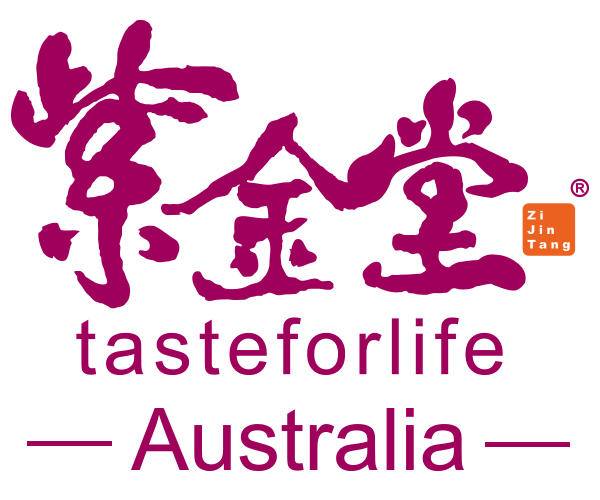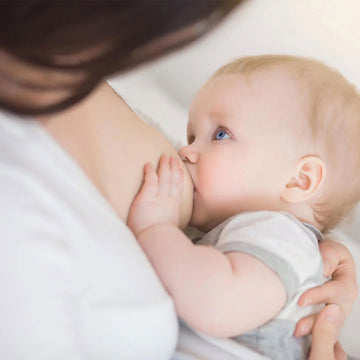
Confinement is a period for your body to recuperate and recover from childbirth.There are many beliefs in Asia regarding confinement. From diet to rest and recovery, learn the confinement dos and don'ts of postpartum confinement with our expert advice.
Have you ever heard that you cannot wash your hair, take a shower, and have various dietary taboos during confinement? It is believed that a lot of "Qi" and blood is lost during labour, so adequate rest and nutrition are indispensable for mothers who have just given birth.
Chinese mothers follow a month-long period of confinement after childbirth that is deeply rooted in traditional Chinese culture, including dietary adjustments to confinement foods and many other strict practices to support the new mammy's physical recovery.
However, with the change in time, some practices are no longer the same. We will share with you if these practices hold any truth, explain the cautions of taboos of the confinement period, and provide some professional suggestions.
Confinement Myth #1 Avoid showering or washing hair

Bathing or washing hair during confinement is considered to lead to "wind" entering the mommy's body, which may result in her catching a cold in an already weakened state and lead to headaches and rheumatism later in life.
Truth
You can bathe and wash your hair during confinement. Besides maintaining personal comfort, regular bathing helps prevent skin and wound infections.
Here are some tips to help you heal properly:
1. Shower with warm water
2. Keep the door and windows closed when bathing
3. Take herbal baths
4. Dry your hair immediately and completely
Confinement Myth #2 Only Eat Liver & Meats

Myth
It is believed that the mother’s body has been “cooled” by labour, so she must consume plenty of meat and specific confinement food to keep the body warm.
Truth
A well-balanced diet heals and nourishes your body better than only focusing on certain food ingredients, especially during breastfeeding. For vegetarians or vegans, iron or vitamin supplements may be taken to satisfy these nutritional demands.
Confinement Myth #3 Consume alcohol

Myth
Drinking alcoholic drinks like rice wine and eating dishes cooked with alcohol are thought to boost blood circulation and warm up the body.
Truth
Although alcohol can affect blood circulation, nursing mothers should avoid alcohol, since it can be passed on to their baby through breast milk and could impair growth and development.
Confinement Myth #4 Do not use fans or air conditioning
Myth
As with bathing, any exposure to cool air is said to cause “wind” to enter the body and lead to health problems later in life.
Truth
There is no harm in using the fan or air-conditioner as long as the temperature feels comfortable for her and her baby, and these may even be essential for preventing heat rash. However, the new mother should not let the fan or air-conditioner blow directly on her.
If the practices you choose are beneficial to your physical and mental well-being, you can rest assured that you are on the right path to recovery.
Aside from these confinement practices, having the right support during confinement also helps your recovery. Zi Jing Tang Australia offers a full range of postpartum meals and regimens along with a team of experienced and qualified dietitians, consultants, and Chinese Medicine practitioners in this industry. We look after every customer's needs and advice from time to time at every step relating to prenatal and postnatal nutritional care services.





